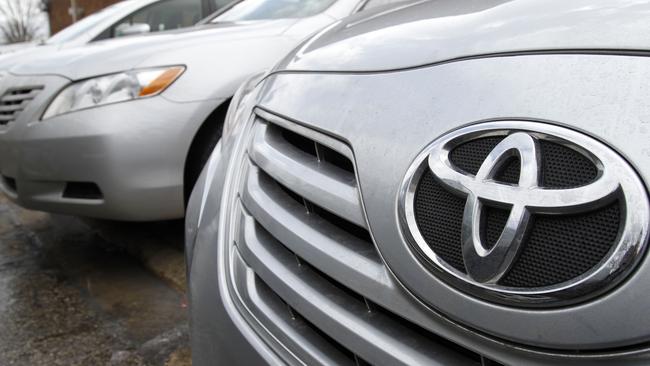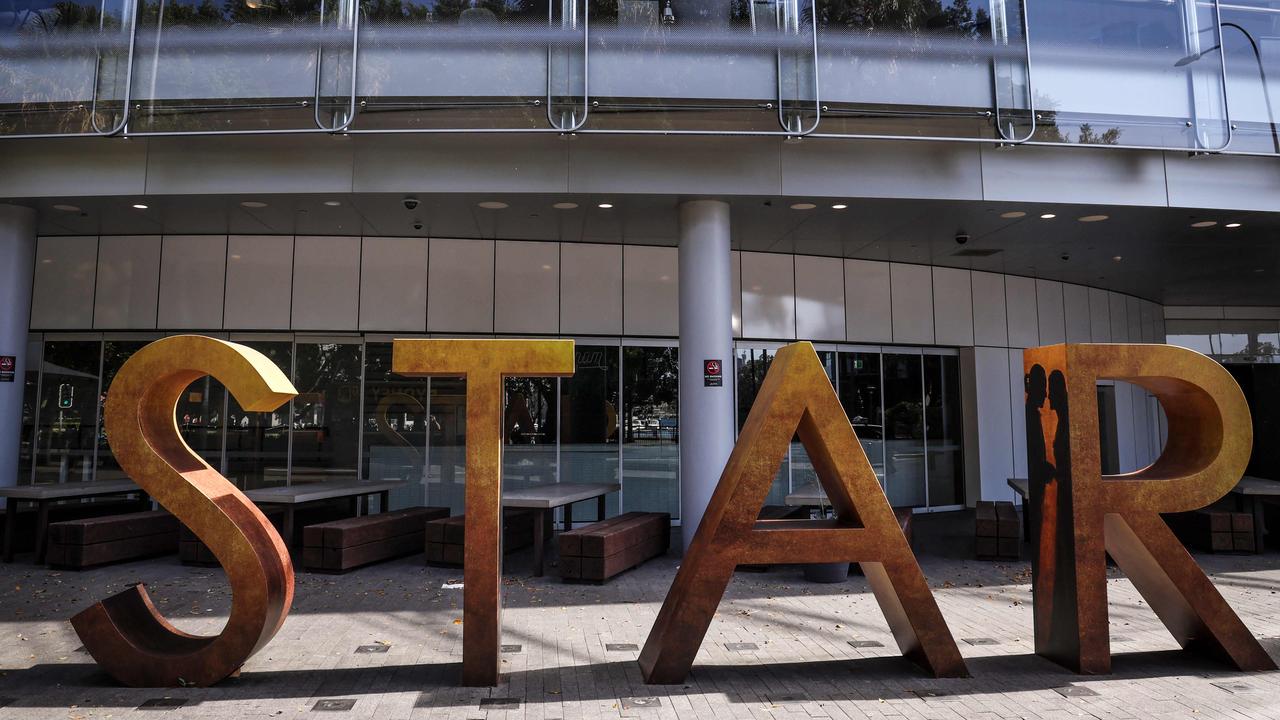Toyota Finance dealers accused of adjusting interest rates so they can take a bigger slice
A Victorian court battle is brewing after Toyota Finance was accused of taking advantage of consumers who bought cars with loans.

Toyota Finance is to face a class action over claims dealerships lifted interest rates on car loans so they could take a cut of the money.
Echo Law partner Kaitlin Ferris told The Australian a statement of claim would be lodged and served on Toyota Finance in the next few weeks, after a writ was filed in the Victorian Supreme Court last year.
The action has alleged dealerships across Australia used the so-called flex calculation method to set interest rates for loans on a case-by-case basis, determined by self-interest.
“A base rate of interest was set by the finance company,” Ms Ferris said. “(But) the dealer would have a hidden opportunity to persuade the customer to pay a higher amount of interest.
“Then the dealer would receive a significant component of that additional interest.”
It was not known how much money in total customers may have been fleeced out of, as interest rates were issued to different individuals depending on their vulnerability or negotiating skills, Ms Ferris said.
“Because the commissions were charged on each dealer sizing up individual customers … we will need to go through the process of assessing the claims,” she said.
The alleged scheme provided dealerships an incentive to increase the price of a car loan or the loan term and created a conflict or potential conflict of interest between the dealer and consumer, according to the writ. Consumers were not informed the contract rate had been set by the dealer, and the case has alleged the conduct of dealers was misleading or deceptive or likely to be so.
The class action will cover a period between 2010 and November 2018. The litigation funding arrangements are being finalised.
The Australian Securities & Investments Commission in 2018 banned flex commissions in the car finance market that had resulted in “consumers paying very high interest rates on their car loans”. ASIC said: “The higher the interest rate, the larger the commission earned by the dealer or broker.”
The commission paid on loans was determined by the “flex amount”, the difference between the base rate and interest rate of the loan sold to the customer.
The use of flex commissions was also investigated in the banking royal commission by Kenneth Hayne, who singled out Westpac for the practice.
“It was conduct that Westpac accepted could create unfairness in individual transactions. But despite recognising this to be so, Westpac considered that it could not stop the practice because doing that ‘would simply leave the market to others who did not’,” the report said.
No recommendations were made about flex commissions because ASIC outlawed the practice.
Maurice Blackburn Lawyers has filed three class actions about flex commissions paid to car dealers by Westpac and St Georges Finance, Esanda and Macquarie Leasing.





